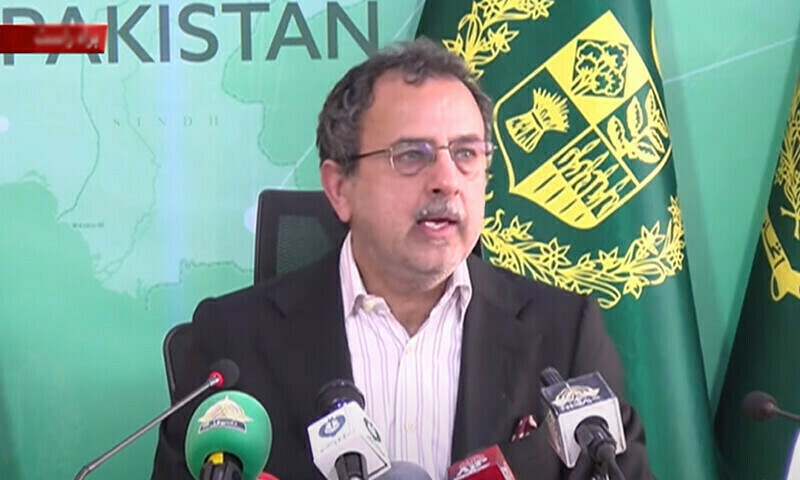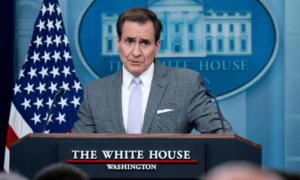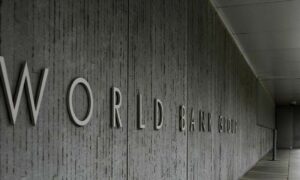Power Minister Awais Leghari on Wednesday said that the government had made the “critical” decision to make electric vehicles (EVs) more available to the citizens, reducing the tariff to electric charging stations by 45 per cent.
Pakistan’s journey towards EVs began in 2016-2017, and the National Electric Vehicle Policy (NEVP) was officially launched in 2020, according to the Ministry of Climate Change. The initiative was launched as transportation accounts for 43pc of the airborne emissions in the country.
Addressing a press conference, the power minister said that Prime Minister Shehbaz Sharif had decided to make EVs cheaper for the people.
“Charging station tariffs will decrease from Rs71.10 to Rs39.70,” he said, adding that this was an approximate tariff reduction of 45pc.
The power minister also said the permission to install charging stations would be given within 15 days.
He spoke against the usage of petrol and diesel, adding that the foreign exchange was burdened by a $6 billion import bill and that the government made a decision today to make EVs more available to people.
“So, today, we made a decision — the prime minister held a meeting and decided that the tariff of Rs71.10 distribution companies used to bill charging stations will be reduced by approximately 45pc to Rs39.70,” he said, adding that by reducing electricity prices, people who own electric motorcycles and small cars would be able to access those charging stations more.
In November 2024, amid reservations from key stakeholders, the government had also announced the New Energy Vehicle (NEV) policy aimed at transitioning 30pc of all new vehicles — imported and locally manufactured — in Pakistan to electric power by 2030.
The new policy includes EVs and other emerging energy sources like hydrogen. As part of the policy, the government introduced subsidies of Rs50,000 for electric motorcycles and Rs200,000 for three-wheelers (rickshaws), with a total allocation of Rs4 billion. These subsidies will be distributed through auctions. So far, two companies have been granted licences, and 31 more applications are under review.
Additionally, it was noted that the International Monetary Fund (IMF) had no objections to the tax exemptions and subsidies provided under the NEV policy.
More initiatives include offering free electric bikes or scooters to 120 high-achieving students and reducing duties on EV components to encourage local manufacturing. The government is also set to establish a New Energy Fund and a New Energy Vehicle Centre to support these measures.
Currently, the key global EV manufacturer, BYD Group of China, has obtained a manufacturing licence in Pakistan, while Dewan Motors is also set to launch its EVs under the completely knocked down (CKD) licence.
- Desk Reporthttps://foresightmags.com/author/admin/
- Desk Reporthttps://foresightmags.com/author/admin/
- Desk Reporthttps://foresightmags.com/author/admin/
- Desk Reporthttps://foresightmags.com/author/admin/







